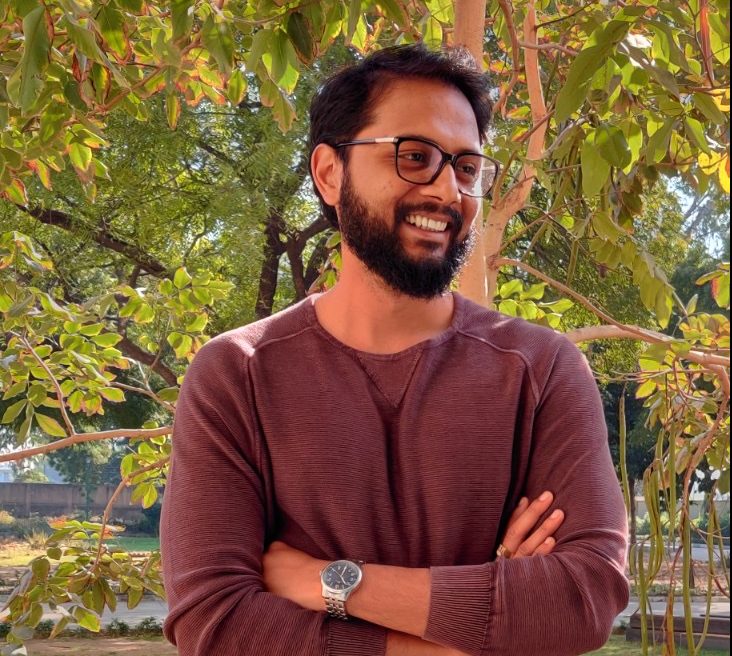
I’ve been intrigued by the space ever since I was in the seventh grade. It was in eighth grade when I learned about the Asian Regional Space Settlement Design Competition (ARSSDC), an Indian competition sponsored by the NASA. Within a 24-hour period, schools across the continent worked together and competed to submit proposals for the full design, construction, operations, and facilities for human inhabitation on settlements surrounding planets or in transit between planets. Although I was unable to make the Asian Finals that year, I always believed in the motto from Apollo 13: “Failure is not an option.” The next year, I returned to the tournament with renewed energy, and I was also chosen to serve as the Co-VP of the team made up of students from Delhi and Lahore schools. I persisted, and in 2010 I was successful in winning the Asian Finals. The experience provided me a taste of leading multicultural teams in a high-pressure setting in addition to exposing me to the technical side of things.
My passion drove me to pursue Aerospace engineering from Asia’s first school back then to offer such a course – Indian Institute of Space science and Technology (IIST). My four years of undergrad introduced me to invaluable experiences. At times I worked on a rocket project started by students, and other times I had the chance to work on cutting-edge research with the top ISRO researchers as a mentor. After receiving my degree from IIST, I was hired by the Physical Research Laboratory (PRL) at DoS/ISRO. The PRL, founded by Dr. Vikram Sarabhai, is regarded as the cradle of space science in India.
During my 4.5-year stint, I had the chance to work for ISRO’s flagship missions, including Chandrayaan-2 and ADITYA-L1 (upcoming Sun mission). But I was not satisfied by my technical knowledge alone that I acquired at ISRO. Companies in the east, like Space X and Blue Origin, developed incredible business models, including reusable launch vehicles and prospective space tourism projects leveraging aerospace technologies. This was the moment I realised I needed to have a thorough understanding of business operations in order to come up with innovative applications of space technology. This inspiration encouraged me to start the process of getting my MBA. And with the Indian Space ecosystem being opened for private tech start-ups such as Skyroot Aerospace, it only made sense to pursue my MBA from the best B-school in India.
-Amogh Auknoor, PGP Co’23

